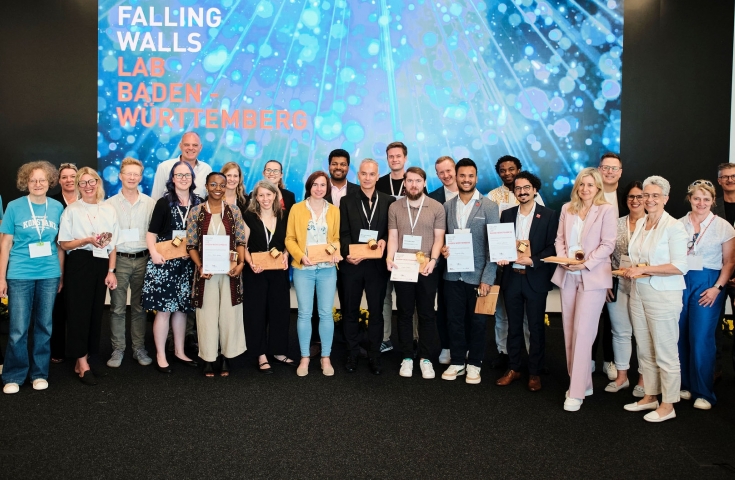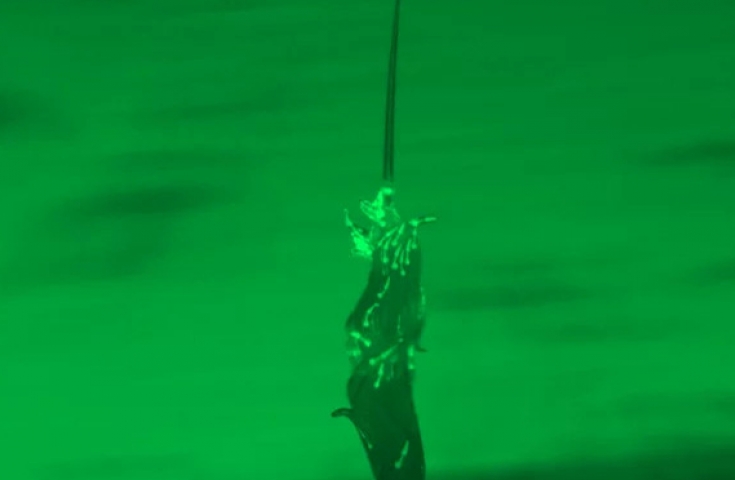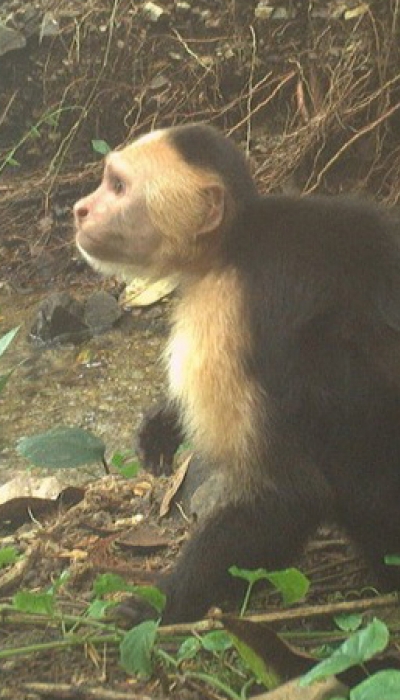-
Wednesday, 05. November 2025
When data leads to dialogue
 © Ignacio Amenábar, Unsplash
© Ignacio Amenábar, UnsplashIn their everyday research, social scientists juggle a lot of numbers and statistics. Yet it is their direct contact with the people behind the numbers that really brings the findings to life. read more -
Monday, 03. November 2025
Animal communication: How to make your announcements heard
 © Héloïse Brotier and Lee Koren, Bar-Ilan University
© Héloïse Brotier and Lee Koren, Bar-Ilan UniversityAnimals – like humans – communicate with each other. However, researchers studying animal communication sometimes have a tough time deciphering the meaning of individual signals or sound sequences and figuring out the functions they serve. How do scientists go about solving this puzzle? read more -
Monday, 13. October 2025
A new perspective on plants
 © NoName_13, Pixabay
© NoName_13, PixabayAs an early career postdoc, how do you take both your career and research interests to the next level without losing sight of the big picture? read more -
Wednesday, 20. August 2025
Building pathways through education
 © Darius Krause, Pexels
© Darius Krause, PexelsSeventeen students were supported at the University of Konstanz through "Zukunft Ukraine", the DAAD scholarship programme for refugees from Ukraine. The successful programme started in January 2023 and ended in July 2025. read more -
Monday, 04. August 2025
Preserving memory – the Social Science Archive Konstanz

The Social Science Archive Konstanz (SAK) at the University of Konstanz houses collections from the estates of several renowned 20th-century sociologists. The archives are also a place for research that fosters connection – a place where researchers from around the world come on research stays. read more -
Thursday, 24. July 2025
Falling Walls Lab Baden-Württemberg 2025
 © University of Konstanz / Philipp Uricher (www.philippuricher.com)
© University of Konstanz / Philipp Uricher (www.philippuricher.com)Ten early career researchers, ten visionary ideas – participants at the Falling Walls Lab Baden-Württemberg combined research spirit, social relevance and creativity. read more -
Friday, 27. June 2025
A close look at recreational boating on German lakes
 © W. Ostendorp
© W. OstendorpMotorized aquatic sports negatively impact the ecology of lakes in Germany. Researchers at the University of Konstanz and the Landesumweltamt Brandenburg (Brandenburg State Office for the Environment) recently published a comprehensive study on the topic. read more -
Friday, 06. June 2025
Tower power
 © Daniela Perez, MPI-AB
© Daniela Perez, MPI-ABLiving worm towers are recorded in the wild for the first time, a rare example of collective hitchhiking in nature. read more  © Brendan Barrett / Max Planck Institute of Animal Behavior
© Brendan Barrett / Max Planck Institute of Animal BehaviorTuesday, 20. May 2025
Capuchin monkeys develop bizarre “fad” of abducting baby…
How cameras on a remote island captured the origin and spread of a novel social tradition read more
-
Wednesday, 14. May 2025
Time-travelling mammoths?
 © Image by Виталий, Pixabay
© Image by Виталий, PixabayYou can't always believe everything you see. Laura Epp and her team at the University of Konstanz recently had this experience when they studied very young sediment layers and found DNA from long-extinct mammoths. How do researchers respond to such surprising results? read more
Uni Konstanz Header
campus.kn
The online magazine of the University of Konstanz
Header Logo
